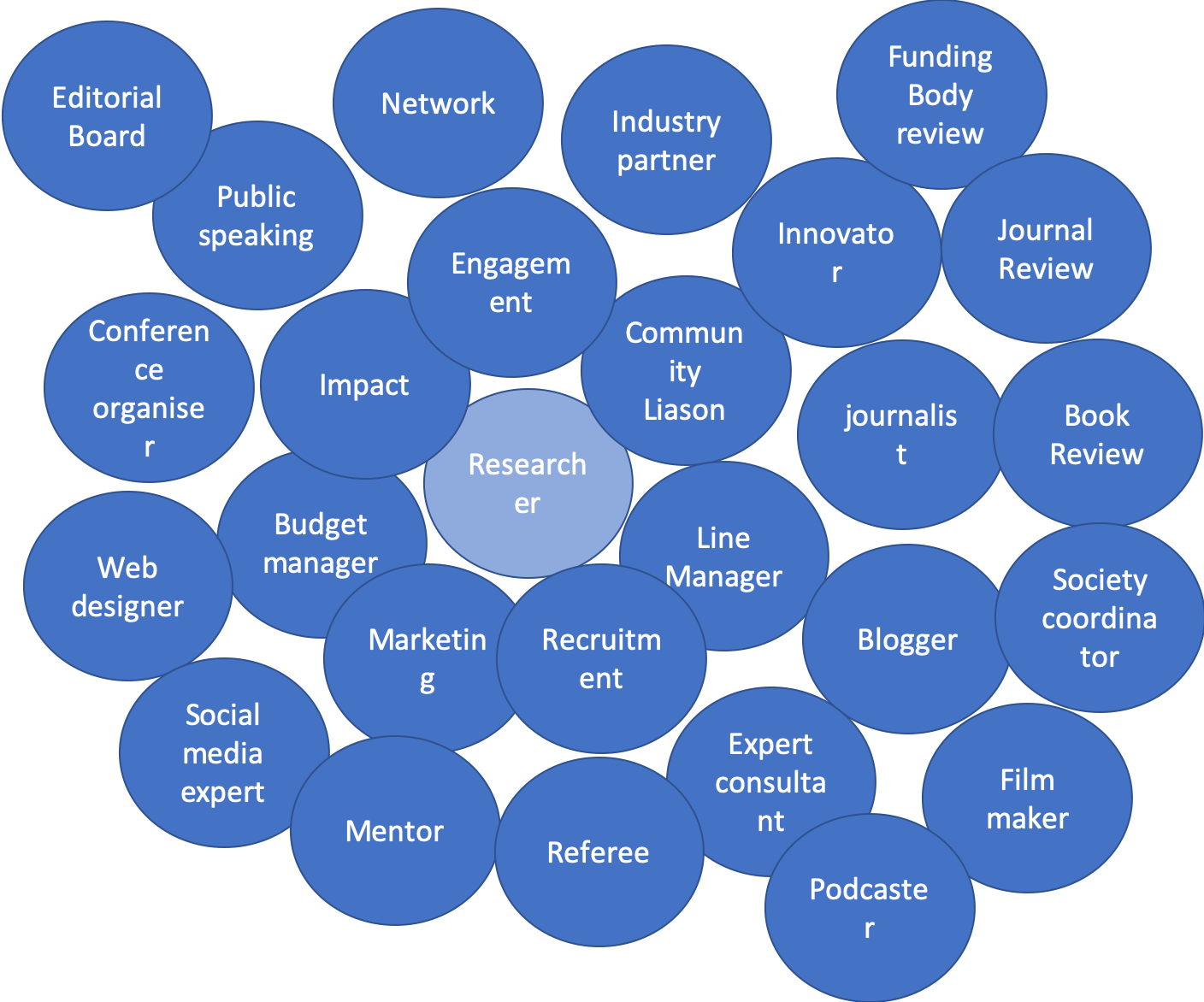Email: It sucks (time)
There are many things I can become quite righteous about in relation to time. Things I have little sympathy for because I feel like these are self inflicted wounds: the tyranny of email is decidedly not one of them. Email: it sucks, and it sucks your time away and it is very difficult to discipline yourself about it for a multitude of reasons. I feel this pain, although I suspect for slightly different reasons than many of you.
Email is a replacement of the letter, not snapchat. It is not a text. It is not an instant medium, yet we seem to have forgotten this very basic starting point. You SHOULD NOT be replying to emails immediately. It is not that kind of medium. Email is a very big waste of time, most of the time. And yet, and yet, oh, so addictive. I want you to visualise a dam that has burst - that is email. It is a wide open gate for the world to access your labour, unconstrained by contractual arrangements and pay. And that water never ever stops flowing in. Ever. Academics get asked to do a lot of work that is not even from their employer!!!! Can you even imagine that in any other industry? I don’t think so somehow. Yet you see every possible approach via email as something YOU MUST DO, even stuff you are not paid for and is not from your employer. You don’t have to, really.
Why is it this way?
Why do you spend so much time on email? Lots and lots of devilish reasons. You have all your notifications turned on like some Pavlovian dream. Respond on demand. The system is set up to have you perform like one of those rats trained to hit the lever to get a treat. Yet this rat is never satisfied, it keeps on hitting the lever manically to get its treat fix. Email is a treat because it is easy. It makes us feel useful (I am solving other people’s problems all day long! Hooray!), it makes us feel like we are contributing, and it provides that dopamine hit of quick wins. But crucially: it is EASY. Much, much easier than writing and research. The problem with this is those emails were not on your to-do list today or any other day. 10 other things were, and you did none, because you were on email, like the rat, tap tap tapping away.
I sympathise I really do. Although I was not an email addict, I was a compulsive solver of other peoples’ problems (that were presented, by email, as my problem - it is a wonderful sleight of hand no?). I was also someone likely to be emotionally derailed for the day as a result of a departmental circular of some kind, usually related to teaching or some new fiendish way of wasting my time invented by finance. That stuff BURNED. I was unable to discipline myself into not reacting this way, so evasive action was required. Divert, divert, divert. Do your work. Your actual work, which is on your actual list of things to do.
Controlling Email
Unlike time, you can control your email.
Most of the emails you get can go straight to trash and you should set up rules to make sure that happens. Unsubscribe rarely works, so just trash that stuff. Same with departmental and University circulars - set up folders, divert away from your inbox. Students - whilst in my opinion not the primary generator of email overload - should be directed by your signature (or in extreme circumstance, your out of office automatic reply) to the various avenues they can get the answer to their question - usually, the syllabus, or support staff, or the online learning portal, or course site, or discussion board. Wherever you collate your FAQs. You should have repeatedly made clear your email policy (don’t email me about …..) at the beginning of term. Come see me, ask me in class, post on the discussion board. I will not respond by email: that is OK - there are 700 of them (on this one course) and only one of you.
Most emails though can go straight to trash. If there are actually things you - and only you - have to action, you can mark these as to do, and make a slot in your diary to tackle them. Don’t do it NOW regardless of any stated deadline. If it was really that important (note, I don’t say urgent) they would have given you more than two days to respond. That is not your problem. Schedule and tackle accordingly. Remember: agency.
So once again, the secret is to schedule email, and crucially, schedule it after you have written. This will seem impossible for those with an email addiction so I suggest you work your way up to scheduling your email at 4.00pm, and start gently by scheduling email at 11.00am. Whatever you do, do not open email first. You should have scheduled slots to actually do the emails tasks if they are weighty. For the love of God, please do not reply all to anything, thus creating yet more emails for everyone. Keep your responses tight and short. Try not to encourage endless back and forth of never ending politeness that no-one knows how to stop except with the thumb up emoticon.
Email is tyrannical. It is time to revolt.

















